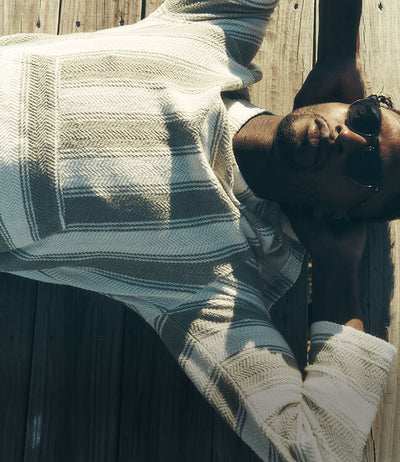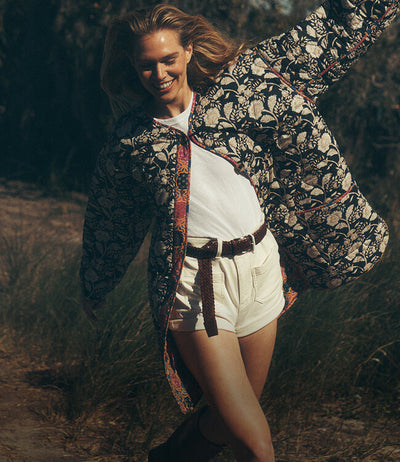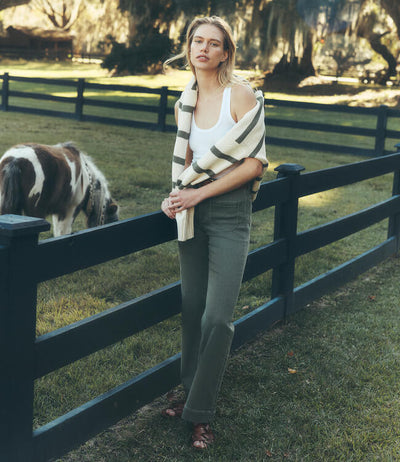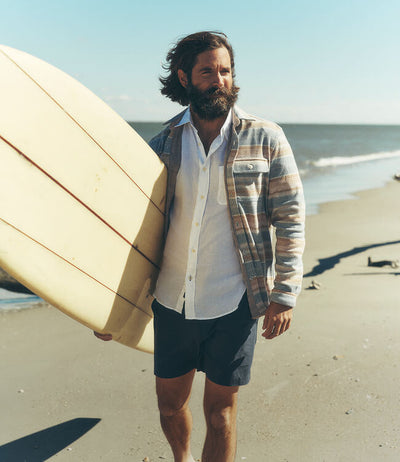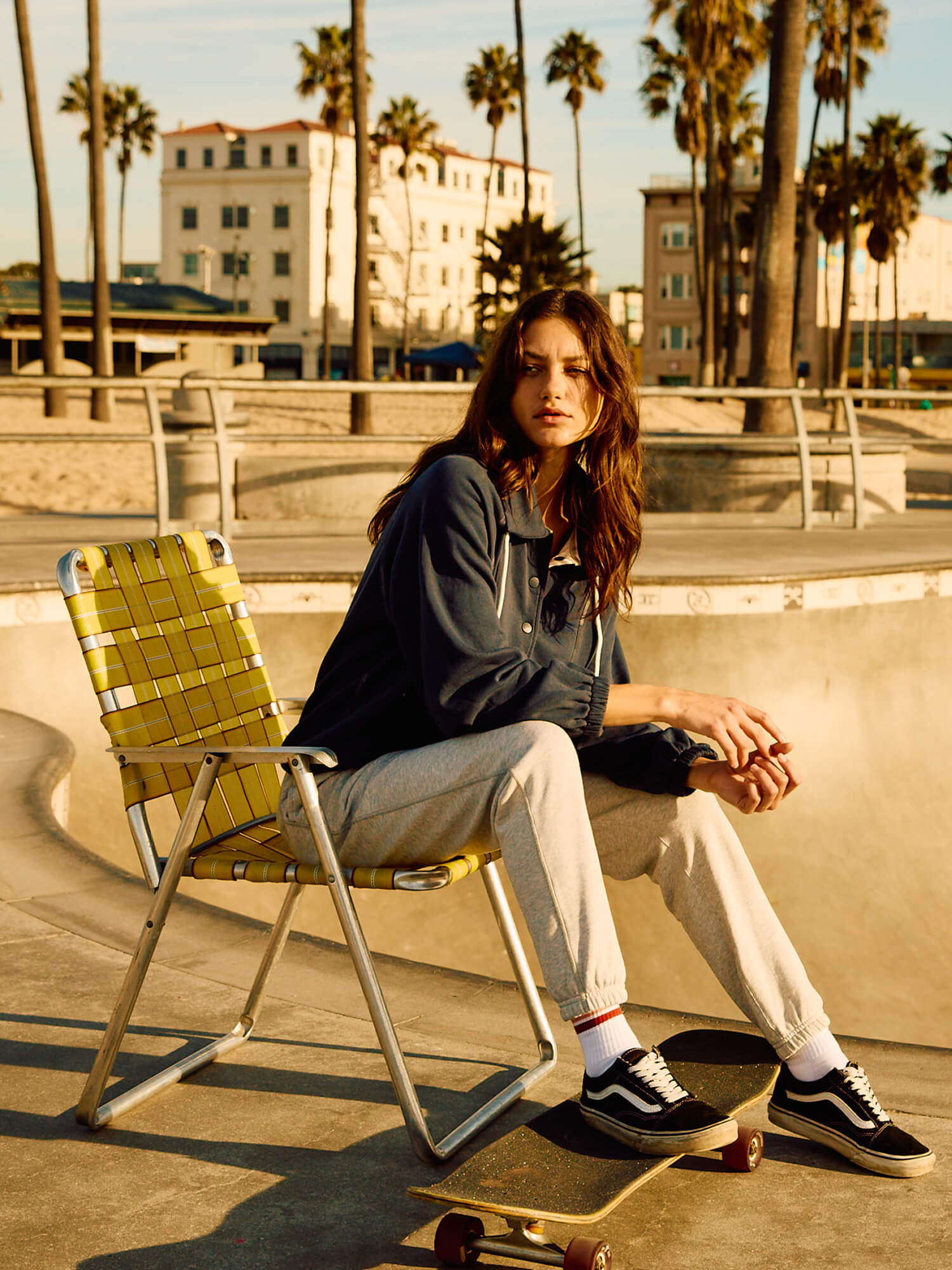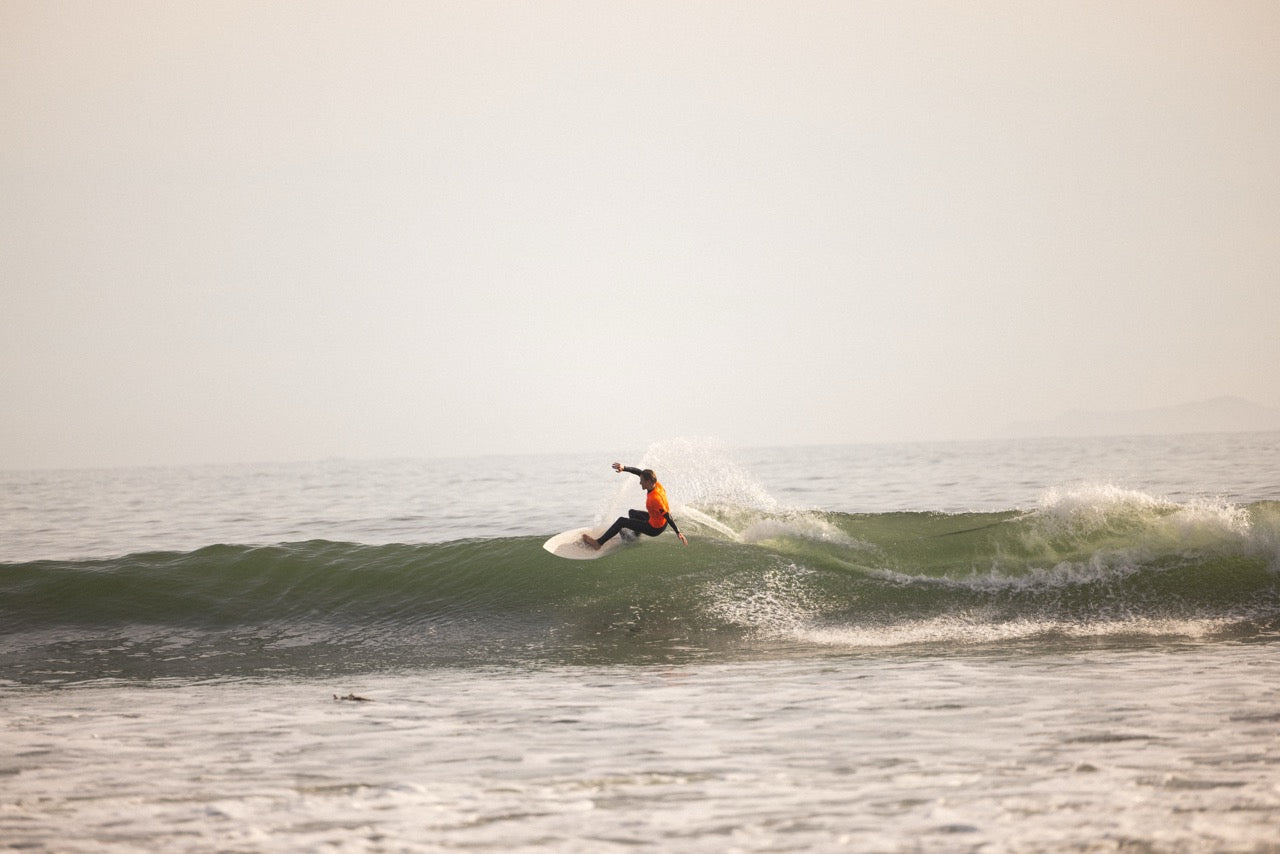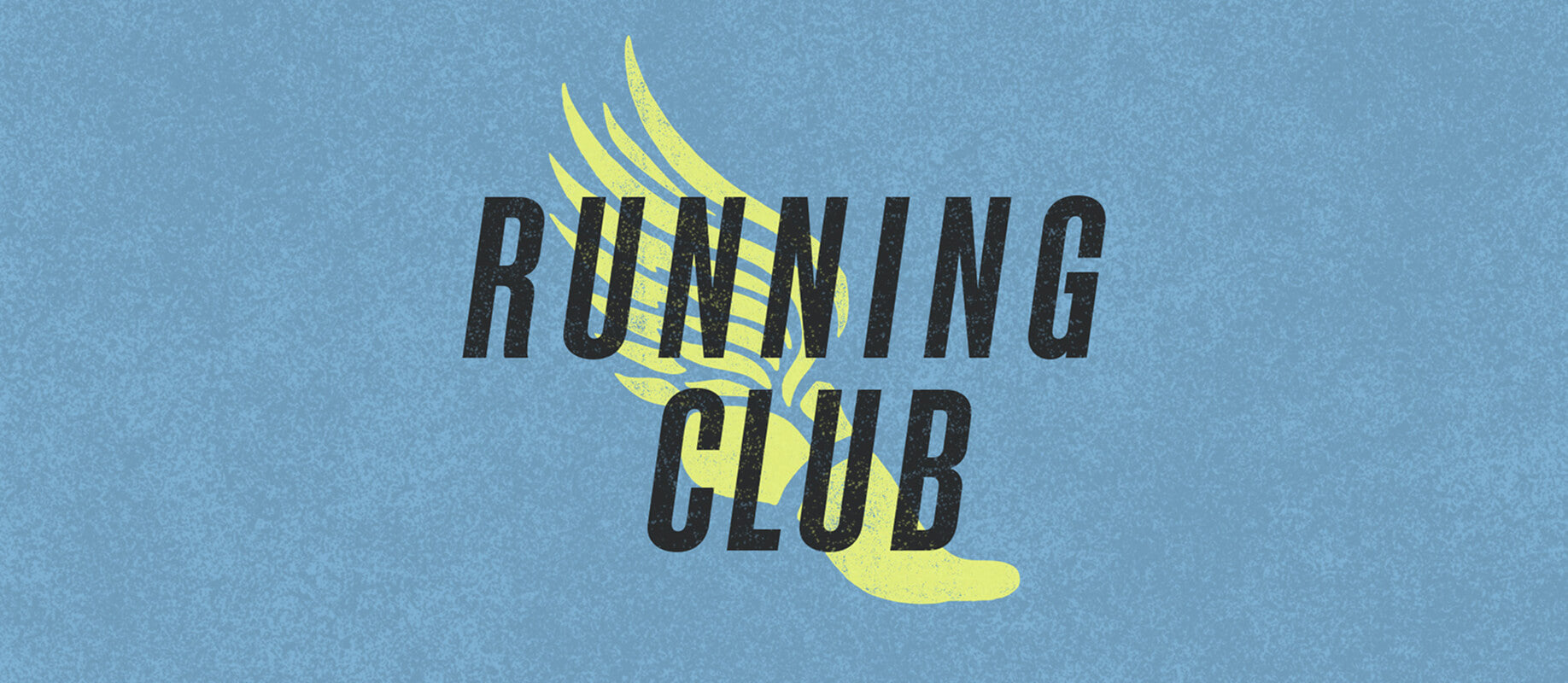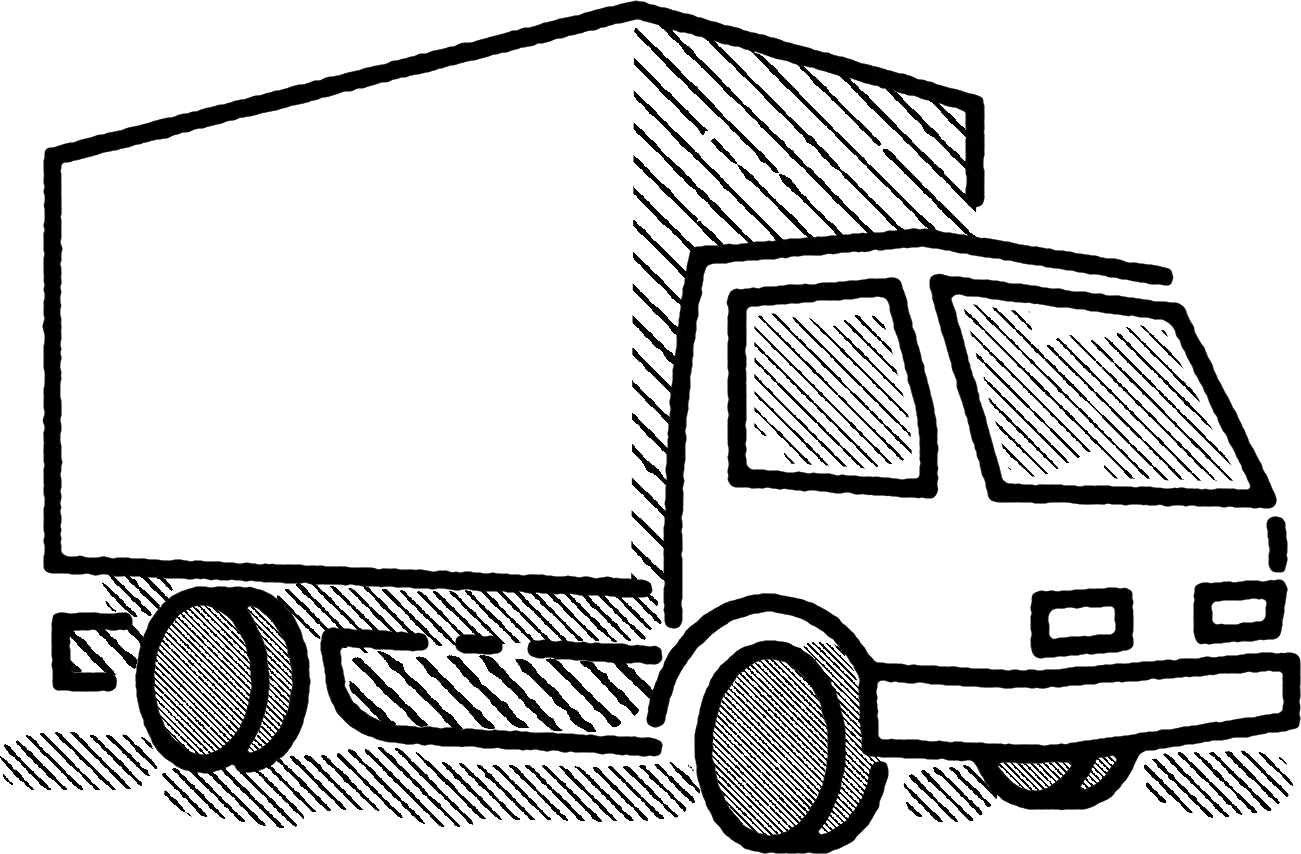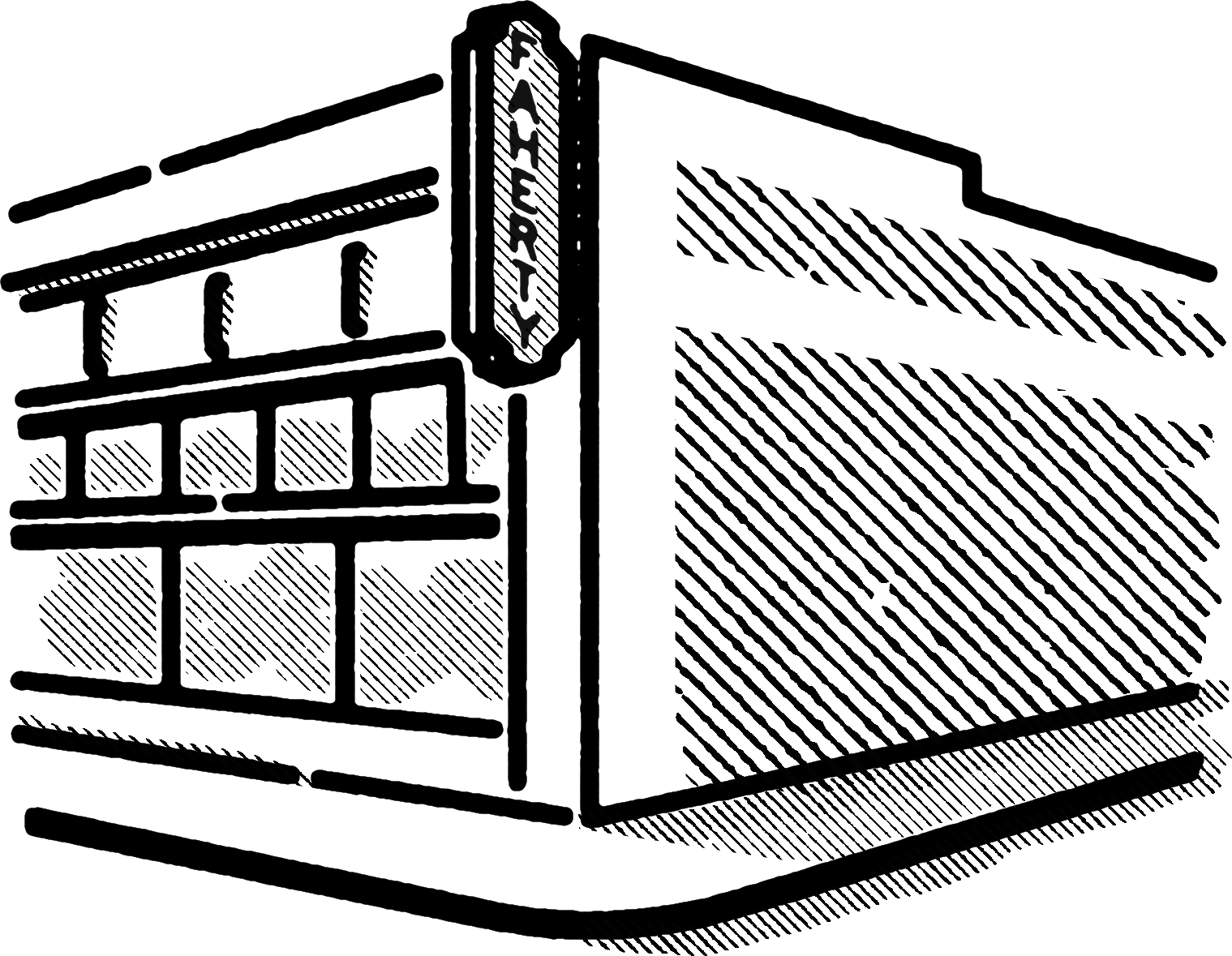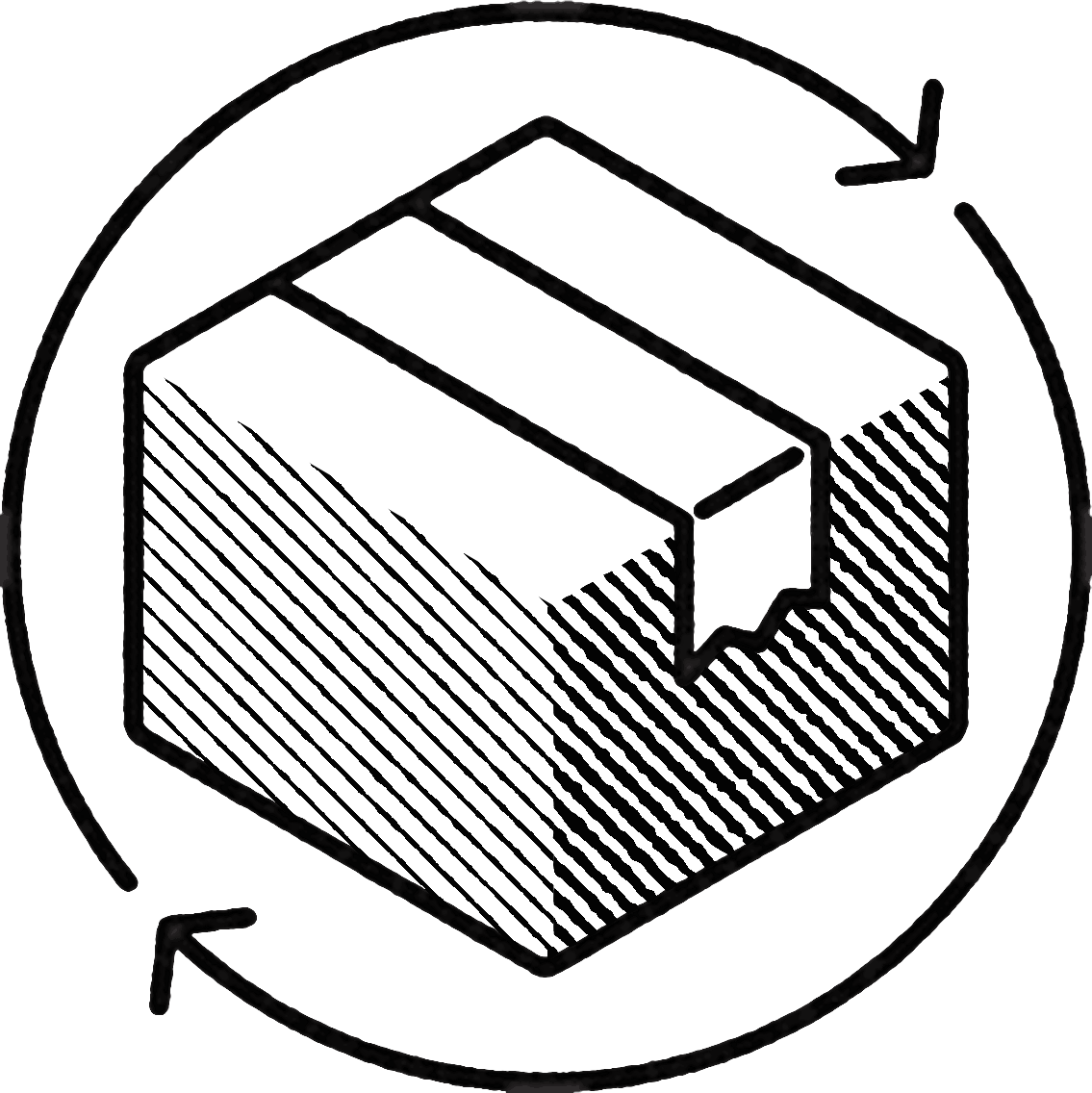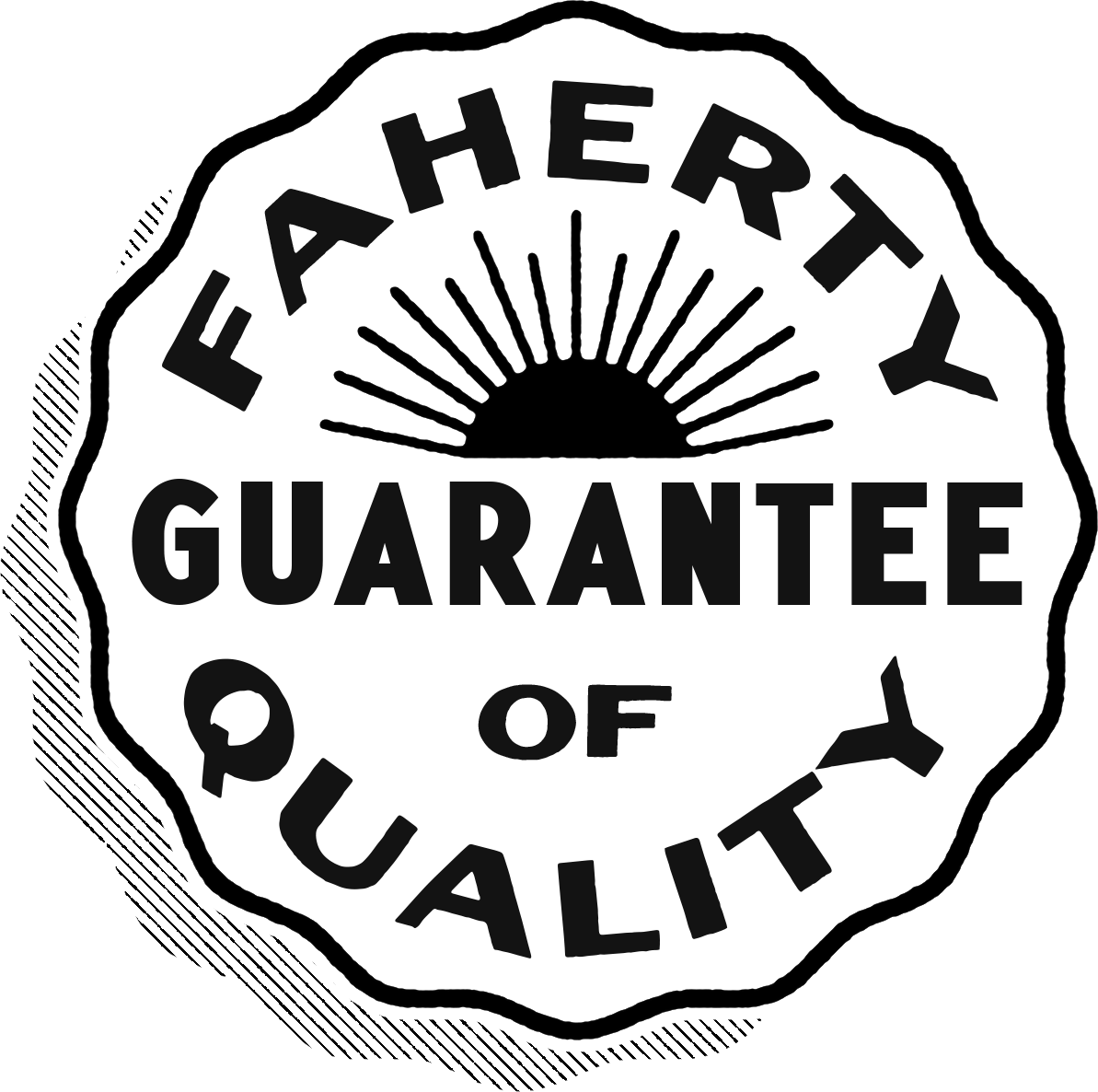Skateboarding has transcended sport ever since its infancy in the concrete bowls of Venice Beach in the 1970s. Back then, the Z-Boys, a renegade crew of young surfers-turned-skaters, embraced it as a form of self-expression and defiance. Today, GRLSWIRL is using skateboarding to empower and liberate girls and women around the world. The Venice-based, female skate squad was formed in 2018 by nine women looking for camaraderie in the parks and on the streets.
What started with casual Tuesday night group skates has exploded into a global community with hundreds of thousands of members spread across seven chapters from Mexico City to Copenhagen. It’s not about tricks or skill levels, says co-founder Monroe Alvarez, it’s about creating a safe space for people to try something new and carving the way to a more inclusive, welcoming skate environment.

Behind The Lens
Photographer Monroe Alvarez, who shot our Summer Preview, talks about the origins of GRLSWIRL, learning to skateboard, the allure of Venice’s ocean grit, and her new children’s clothing line.
How did you get involved with GRLSWIRL?
Mo: It was totally serendipitous. I was hired to shoot this newly-formed group of young female skateboarders in Venice Beach. I had just turned 30 and had never been on a skateboard but these girls inspired me to get on a board and taught me to ride. I was hooked. You get a natural high the moment you step on a skateboard. The experience is pure euphoria. A few months later, in early 2018, I became one of the group’s Co-Founders and we turned our informal crew into a collective known as GRLSWIRL.

What’s the meaning behind the name?
Mo: Skating has always had a certain image and it was largely a young, male image that could be quite intimidating. While it can be competitive, it really is rooted in building community. We believe skateboarding should be for everyone. We wanted our collective to be like an ice cream cone swirl of different ages, ethnicities, and socio-economic backgrounds.


How has GRLSWIRL evolved?
Mo: From the start, our main mission has always been to teach as many girls as possible how to skateboard. A skateboard is a powerful tool. It is an agent for change. Early on we started working with girls here in Venice. Many of them came from rough backgrounds and I saw how a skateboard could give them confidence. In 2019, we sent a group to teach girls at migrant shelters in Tijuana, Mexico the basics of skateboarding. The joy and energy of that trip inspired us to launch our mentorship program. To date, we’ve hosted more than 70 skate mentorships around the world. I recently stepped away from active involvement in the collective because it’s reached a point where I felt it was thriving on its own. My role was to shape it and nurture it and now it’s time to let it grow.
How does GRLSWIRL reflect the spirit of Venice and Dogtown?
Mo: I was born in Amsterdam and grew up in the midwest. I didn’t move to Venice until my 20s and can say more than a decade later, the vibe has stayed pretty authentic to that original feeling. It’s got this beautiful coastal grit that’s unlike any other town in Southern California. And the legacy of the Dogtown era is still ingrained in the place. Dogtown is the stretch from Venice Beach to Santa Monica Pier and in the 1970s a local subculture of surfers and skaters emerged from this raw urban landscape and revolutionized skateboarding. They were the voice of a new generation and that’s kind of how we see GRLSWIRL. The collective is also a tight-knit community pushing boundaries and celebrating individuality.

Your new children’s clothing line also celebrates individuality. What’s the story behind it?
Mo: Following the birth of my son Koa in 2021 I felt an urge to take on a new project. When I was young, I got teased for looking different. Kids would call me an alien. I wanted my son and other kids to know it’s ok to be different. Koko Momo is a clothing line that honors kids’ inner aliens. Every piece is handsewn and hand-died in Los Angeles and made from salvaged, vintage fabrics. Like skateboarding, fashion is another form of expression.

